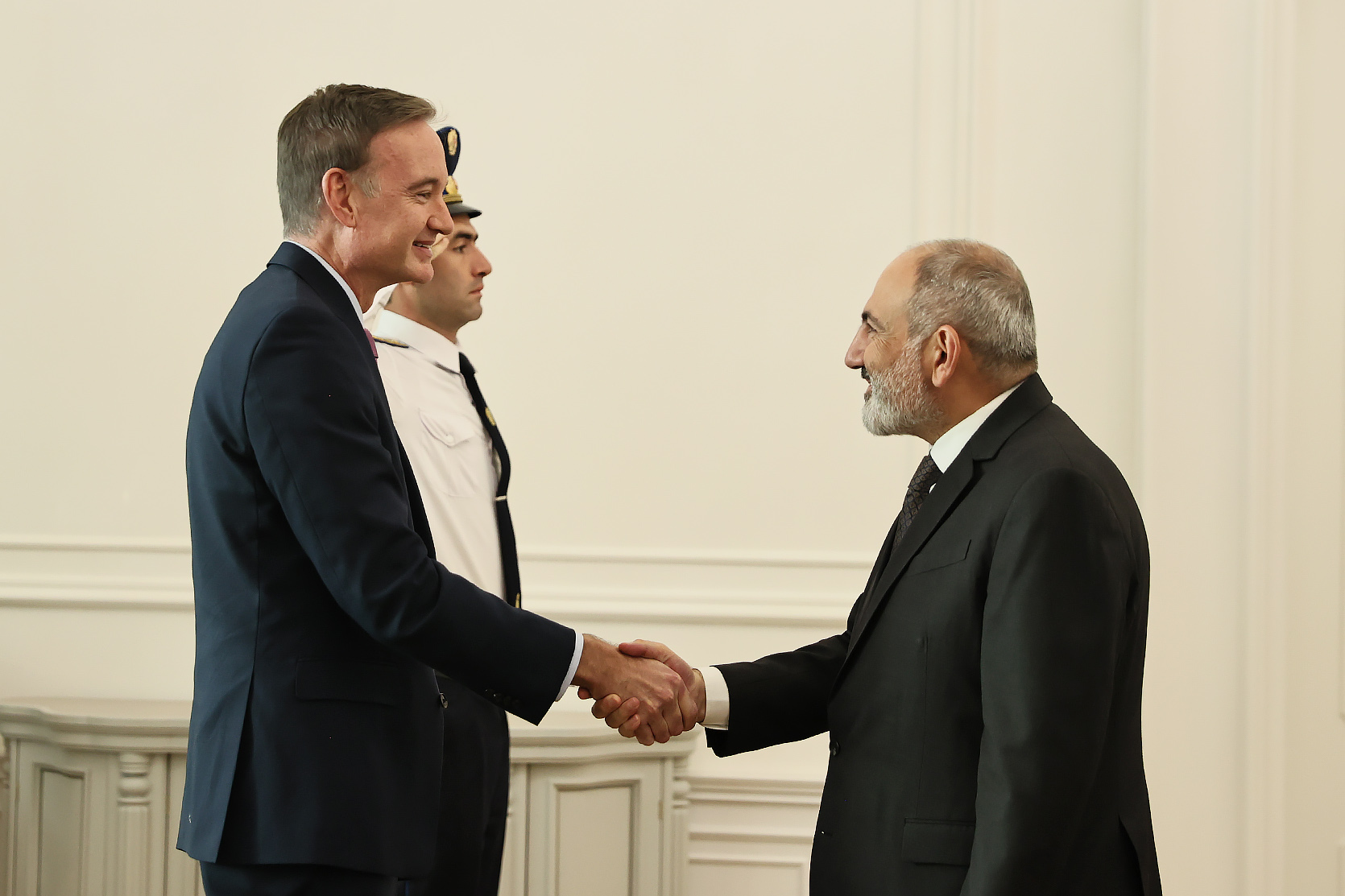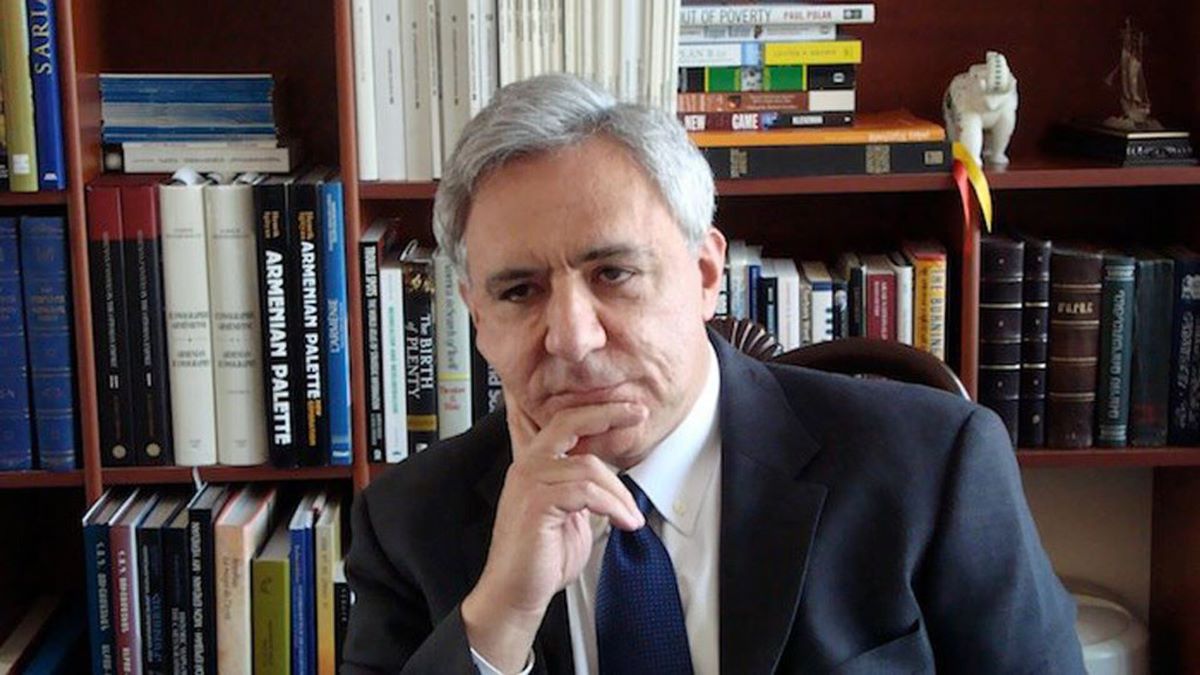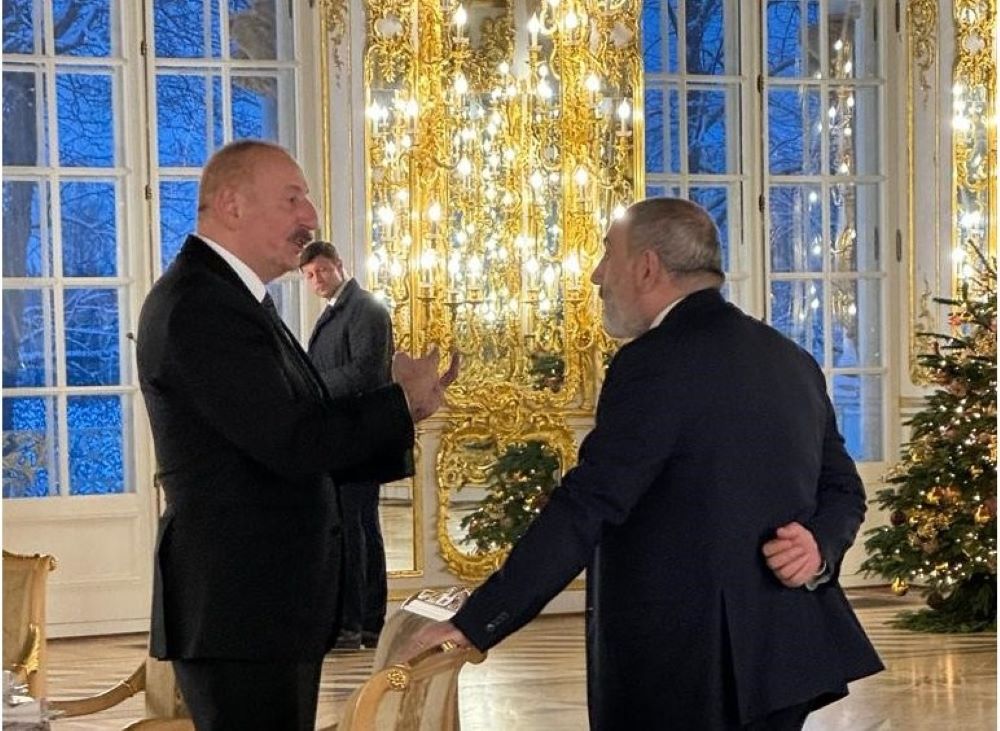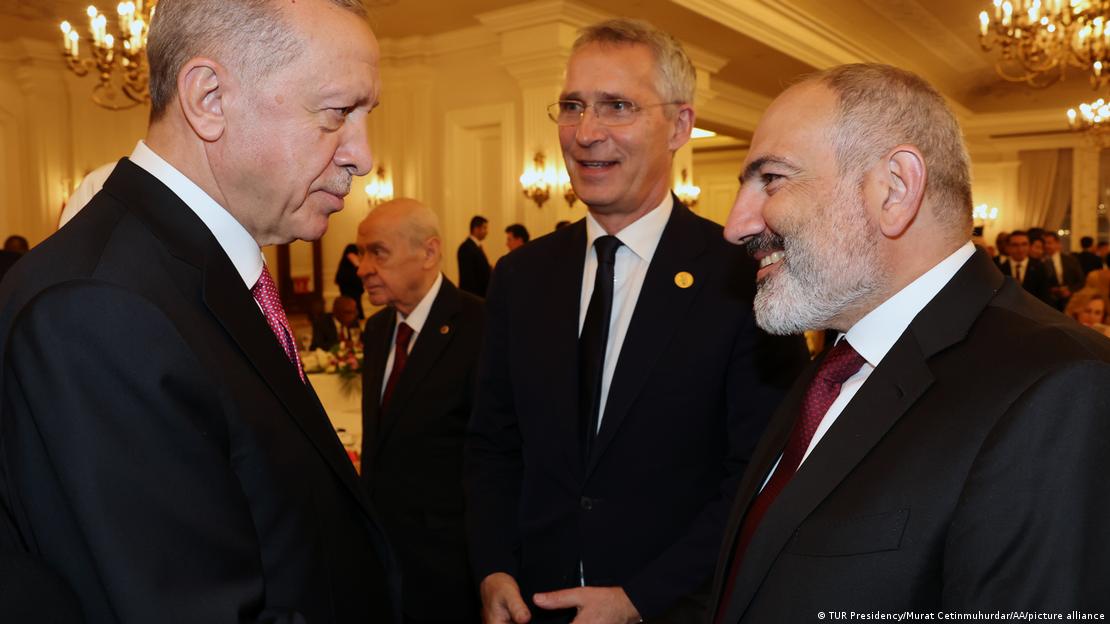
Biden’s letter to Pashinyan
US President Joe Biden sent a letter to Armenian Prime Minister Nikol Pashinyan, noting that Armenia and Azerbaijan have made “sustained progress” in working on the text of a peace agreement. He urged the Armenian leader to “finalize the agreement this year.”
Earlier, Biden sent a letter with similar content to Azerbaijani President Ilham Aliyev. In that letter, he stated that “concluding work on the unresolved points of the peace agreement will require creative approaches and compromise from both sides.” In his letter to Pashinyan, Biden wrote that this would require “persistence, ingenuity, and compromise.”
Arman Yeghoyan, an Armenian parliamentarian from the ruling faction, stated immediately after the letter was published that “Armenia has already demonstrated the necessary flexibility in terms of compromises; the ball is now in Azerbaijan’s court.”
Biden’s calls demonstrate that, ahead of the US presidential election, the Democrats are seeking a foreign policy success they can capitalize on, according to political commentator Hakob Badalyan.
“Success in the Armenian-Azerbaijani direction is one of the ‘likely bets.’ They need to secure a document or at least a tangible and strong bilateral assurance on this issue that can be presented as an achievement of the administration,” Badalyan wrote on his Telegram channel.
The US administration is “ready to take bold initiatives”
In his letter to the Prime Minister of Armenia, US President Joe Biden assured that the United States is prepared to support a “lasting and dignified peace agreement” that would end the centuries-old conflict:
“A peace agreement that guarantees the unity, sovereignty, and territorial integrity of Armenia will not only ensure security and stability for the Armenian people, but it will also transform the entire South Caucasus region.”
Biden commended Pashinyan for putting patriotism above politics and for “bravely and consistently” choosing the path to peace:
“Like you, my administration is ready to take bold initiatives that will help pave the way to peace.”
The sitting US President has tasked his special assistant, Michael Carpenter, who recently arrived in Yerevan, with informing the Armenian Prime Minister about “some steps” the US is ready to take:
“We also seek your feedback on discussions with Azerbaijan. As noted last month at the UN General Assembly in New York, now is the time to reaffirm commitment to the UN Charter and its core principles of peace. A brighter future is within reach, and I look forward to working with you to seize this opportunity.”
What Carpenter conveyed remains undisclosed in the official statement
Michael Carpenter, Special Assistant to the US President and Director for European Affairs at the National Security Council, first visited Baku and then Yerevan. He personally delivered Biden’s letters to the leaders of Armenia and Azerbaijan.
According to an official statement from the office of the Armenian Prime Minister, the Pashinyan-Carpenter meeting covered:
- issues related to the peace agreement between Armenia and Azerbaijan,
- possibilities for unblocking regional communications,
- the Armenia-US bilateral cooperation agenda.
During the meeting, Carpenter affirmed that the United States supports Armenia’s sovereignty and territorial integrity:
“Michael Carpenter also emphasized that the US welcomes Armenia’s commitment and steps toward promoting peace and stability, underscoring the importance of the border delimitation process and the signing of the regulations for the [delimitation] commissions. He reaffirmed the US’s readiness to continue supporting peace and stability in the region.”
In Yerevan, Michael Carpenter also met with Armenian Foreign Minister Ararat Mirzoyan and Secretary of the Security Council Armen Grigoryan.
Commentary
In Biden’s letter, “certain steps” are mentioned, on which the US president seeks the opinions of the leaders of Armenia and Azerbaijan, notes political commentator Hakob Badalyan. The fact that these proposals were presented to Yerevan and Baku accompanied by Biden’s letter, in his view, signals a high-stakes move by the US administration. Badalyan connects this with the pre-election situation in the US:
“It’s possible that, just as Biden was pressured into withdrawing from the election campaign, he was also compelled to write these letters. It seems that the Armenian-Azerbaijani agreement is something the team supporting Harris for president is pushing for.”
The expert also points out that, around the same time, US Secretary of State Antony Blinken traveled to Israel, where he is trying to broker a ceasefire agreement in Gaza and Lebanon.
According to Badalyan, the White House needs a foreign policy success that can serve as a winning card in the election race. He adds that, over the past four years, there have been no significant foreign policy achievements, while domestic issues like immigration and inflation continue to plague the US. Recently, Kamala Harris, the Democratic Party’s presidential candidate, promised “state control over prices,” Badalyan notes.
Against this backdrop, Washington may be trying to benefit from progress on the Armenian-Azerbaijani front, Badalyan suggests.
He also points out that it is no coincidence Biden’s letters and the visits of his special assistant, Michael Carpenter, to Yerevan and Baku, came just ahead of the BRICS summit.
Armenian Prime Minister Pashinyan and Azerbaijani President Aliyev will both attend the summit in Kazan, along with the presidents of Iran and Turkey.
According to Badalyan, Armenian-Azerbaijani relations will be discussed both during bilateral meetings with Putin and “behind the scenes of the summit.” He suggests that these American proposals could be part of those discussions:
“It’s highly likely that these proposals were made just before Pashinyan and Aliyev left for the BRICS summit, with the intention of them being discussed there. In this case, Washington sees Pashinyan and Aliyev not just as the addressees of these proposals, but as intermediaries for passing them along.”
The political commentator believes that Biden’s proposals and the US approach will be presented in Kazan, primarily to Russian President Vladimir Putin.
“In other words, the White House is offering Moscow a pre-election deal. Russia backs the signing of any Armenian-Azerbaijani document ‘under the auspices’ of the US, and the US administration, in turn, uses this success ahead of November 5th, while supporting Russia in some other issue.”
Follow us – Twitter | Facebook | Instagram
Biden’s letter to Pashinyan



